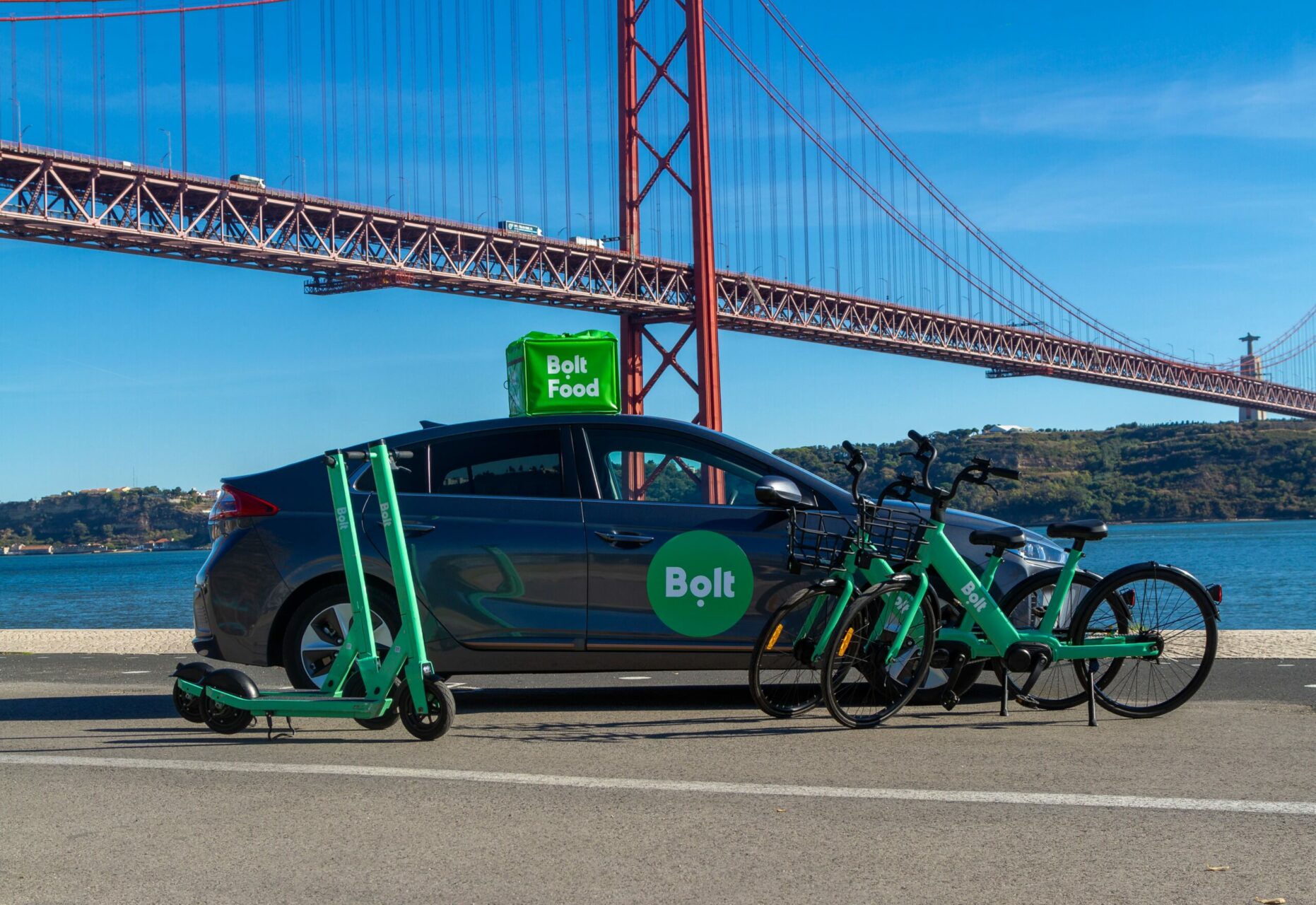Introduction
Bolt, the prominent ride-hailing company, is set to broaden its footprint in Africa by extending its operations to Harare, Zimbabwe. This strategic move aligns with the company's ambitious investment plan of €500 million ($542.8 million) in Africa, aiming to foster expansion and generate job opportunities for over 300,000 new drivers and couriers.
Unveiling New Territories
Laurent Koerge, Head of Expansion at Bolt, highlighted the company's commitment to more than just elevating driver revenue per hire. He emphasized the broader goal of ensuring high demand through competitive pricing, achieved by maintaining significantly lower commission rates compared to competitors.
Background and Company Overview
Founded in 2013 by Markus Villig, Bolt has evolved into a global ride-hailing giant, serving a vast customer base exceeding 150 million across 45 countries. Since its initial launch in South Africa in 2016, Bolt has expanded its operations to encompass 12 African nations, including Ghana, Nigeria, Kenya, Zambia, Tanzania, Uganda, Tunisia, Mozambique, Mali, Cameroon, Zimbabwe, and South Africa.
Strategic Investments and Initiatives
Bolt's commitment to African expansion recently manifested through the introduction of Bolt Send, a same-day package delivery service in Johannesburg North. This innovative service allows users to conveniently send small packages and gifts through the Bolt app.
However, the journey has not been without challenges, including safety concerns and driver remuneration issues. Notable incidents include protests by South African drivers in July 2023, prompting Bolt South Africa to implement a stringent verification process. This process requires new riders to provide a clear selfie for identity verification, coupled with uploading an identification document to validate their identity.
Safety Measures and Challenges
In Eastern Africa, Bolt Kenya took decisive action by suspending a driver due to inappropriate behavior in October 2023. Disturbing incidents, such as the reported kidnapping of two individuals who booked a Bolt ride in Kenya, have underscored safety concerns. The assailants allegedly demanded a ransom of KSh 500,000 ($3,580) for the release of both victims.
Regrettably, in Nigeria, three Bolt drivers were reportedly shot dead by gunmen in Port Harcourt in October 2023. This tragic event prompted a call for National Identification Numbers (NIN) to be used for passenger verification, reflecting the company's ongoing commitment to enhancing safety measures.
Bolt's strategic expansion into Zimbabwe and its substantial investment underscore the company's determination to play a pivotal role in Africa's evolving transportation landscape. As Bolt navigates challenges, it remains focused on innovation, safety enhancements, and fostering economic opportunities across the continent.




